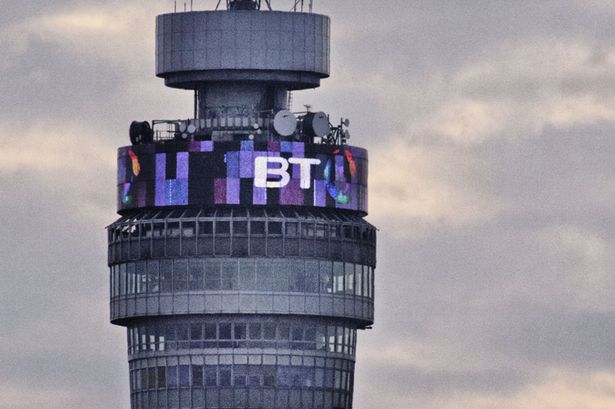

Luis Alvarez is the CEO of BT Global Services, which delivers communications and IT services to thousands of customers around the world. He says the industry is in his DNA with his father and wife also telecoms engineers. Here he tells us about his career, love of television and admiration of IBM.
Tell us about your current role, how long have you been in IT and what are your areas of expertise?
I’m a telecoms engineer and proud to be so. I joke that it’s in our family DNA. My father’s a telecoms engineer, so is my wife, and our kids are studying STEM subjects.
Before I joined BT 16 years ago, I worked for Ericsson and IBM so I’ve had an excellent grounding in telecommunications, IT and the customer perspective. I’m quite a techie guy so I love the opportunity to understand how our services can help customers expand into new markets, give even better service to their customers or have their people collaborate successfully.
What has been your favourite project so far?
It’s hard to respond because we’re at the core of so many wonderful projects. We’re passionate about helping our customers (and their customers). We enable Stock Exchange trading, Visa payments, booking NHS hospital appointments, making sure your online purchases get delivered on time – it’s the BT network that makes it all possible.
Some of my current favourites are the small scale projects which can have such a huge impact on the lives of individuals and communities. For example, there’s a project in Colombia where internet access to 1000 schools is helping to reduce the digital divide in rural areas and similarly, a partnership with Coca Cola in South Africa to provide free internet access to impoverished communities via Wi-Fi in drinks machines.
What tech were you involved with ten years ago?
What I remember from 2005 is reading The World is Flat by Thomas Friedman, who predicted to a large extent how technology would help create the world we know now. Ten years ago, there was no iPhone, Facebook was a one year old program reserved to university students and Twitter didn’t exist.
What tech do you expect to be using in ten years’ time?
Who’s your tech hero?
His name is Narciso Garcia and he was one of my teachers when I was a 22 year old student at the Universidad Politécnica de Madrid. He taught me to think out of the box. We’re still in touch with each other.
Who’s your tech villain?
I’m going to choose the IT industry because we haven’t always been able to support the best technologies and bring them along. As a result, great companies have disappeared along the way. The winners don’t always provide the best technologies.
What’s your favourite technology ever made? Which do you use most?
I’d have to say television because of the way it lets us see and experience what’s happening in other parts of the world. When I use videoconferencing to talk to my father in Spain it is like being in the same room together. I also like how TV technology has transformed the work environment with the use of videoconferencing. Of course, mobile technology is very powerful and it’s changed our lives. Smartphones are truly personal devices and of all technologies, I probably use my smartphone the most.
What’s the greatest challenge for an IT company/department today?
For me, the biggest challenge is that everybody has to do more with less – less money, less time and less patience from end users. When they can quickly solve a problem by downloading an app to their smartphone, users can’t understand why it takes so long to develop software applications.
Apart from your own, which company do you admire the most and why?
I admire IBM because it has so successfully reinvented itself over many years. As a company, it has always inspired a sense of loyalty and camaraderie among employees and like everyone I know who has ever worked there, I’m proud to have worked for them.
To Cloud or not to Cloud?
The cloud is simply a means to an end, a way of getting to where you want to go. So my question would be: where do you want to go with your business? Reach new customers? Expand your business? Deliver new services? Collaborate with partners? Of course you should consider the cloud (or even a cloud of clouds which is our approach) as one of your options – it’s a very powerful tool – but the right decision will ultimately depend on what you need from a business perspective.
Do you know the history of BT? Try our quiz!
New addition. Next generation foundation model, as Amazon Nova model launches to perform actions within…
Head of artificial intelligence research at Meta Platforms has announced she is leaving the social…
No decision yet, after media reports CK Hutchison was to spin off its global telecom…
Ahead of 5 April deadline, Trump is to hold White House meeting over possible investors…
Apple fined 150m euros over App Tracking Transparency feature that it says abuses Apple's market…
OpenAI to release customisable open-weight model in coming months as it faces pressure from open-source…